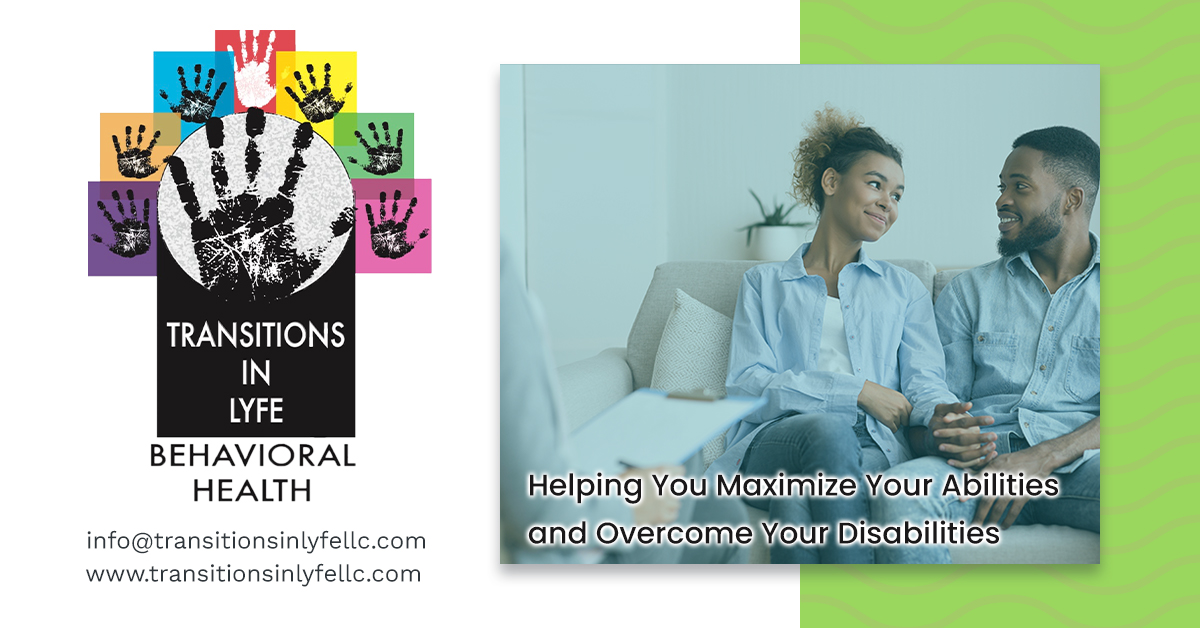By Candice Smith, Transitions in Lyfe LLC
In recent years, our cities have faced growing challenges with substance abuse, crime, and mental health issues. These problems are not just statistics; they represent real people and families whose lives are disrupted daily. As a mental health therapist and advocate, I have seen firsthand the devastating effects these issues have on individuals and communities, particularly on our children. It is time for us to take action and reclaim our cities to ensure a brighter future for the next generation.
The Impact of Substance Abuse
Substance abuse is a pervasive issue that infiltrates every aspect of community life. It destroys families, leads to increased crime rates, and puts immense pressure on our healthcare systems. Children growing up in environments where substance abuse is prevalent often face neglect, instability, and trauma. They are at higher risk for developing substance abuse issues themselves, perpetuating a vicious cycle that is difficult to break. To address this, we must invest in comprehensive prevention programs, accessible treatment facilities, and robust support systems for those affected.
Crime and Its Ripple Effect
Crime, often linked with substance abuse, creates a sense of fear and insecurity within communities. It affects not only the victims but also the witnesses, particularly children. Growing up in high-crime areas can lead to chronic stress, anxiety, and a host of mental health issues. Moreover, exposure to crime can normalize violent behavior, influencing children to adopt such behavior as they grow older. By enhancing community policing, providing youth mentorship programs, and creating safe recreational spaces, we can start to reduce crime rates and their harmful impact on our young ones.
Addressing Mental Health
Mental health issues are often intertwined with substance abuse and crime, creating a complex web of challenges. Unfortunately, mental health care remains underfunded and stigmatized, leaving many without the support they need. Children are especially vulnerable, as their mental health struggles are often overlooked or misdiagnosed. Early intervention is crucial. Schools, communities, and families must work together to provide mental health education, accessible counseling services, and a supportive environment where seeking help is encouraged and normalized.
The Effect on Our Children
Our children are the most affected by these crises. They are the innocent bystanders who suffer the consequences of our societal failings. The instability caused by substance abuse, crime, and untreated mental health issues disrupts their education, hampers their emotional development, and limits their future opportunities. We owe it to them to create a safe, supportive, and nurturing environment where they can thrive.
Taking Action
Reclaiming our cities requires a collective effort from all sectors of society. Here are some steps we can take:
Invest in Youth Programs: Create safe spaces and opportunities for children to engage in positive activities.
Increase Funding for Mental Health Services: Ensure that mental health care is accessible to all, especially in underserved communities.
Enhance Education and Prevention Programs: Educate communities about the dangers of substance abuse and provide resources for prevention.
Strengthen Community Policing and Support: Build trust between law enforcement and communities to create safer neighborhoods.
Support Families: Provide resources and support systems for families affected by substance abuse and crime.
Conclusion
The challenges of substance abuse, crime, and mental health are daunting, but they are not insurmountable. By working together, we can create a future where our children can grow up in safe, healthy, and supportive environments. At Transitions in Lyfe LLC, we are committed to this mission and will continue to advocate for the changes needed to take back our cities. Let’s come together to build a brighter future for our children and our communities.
